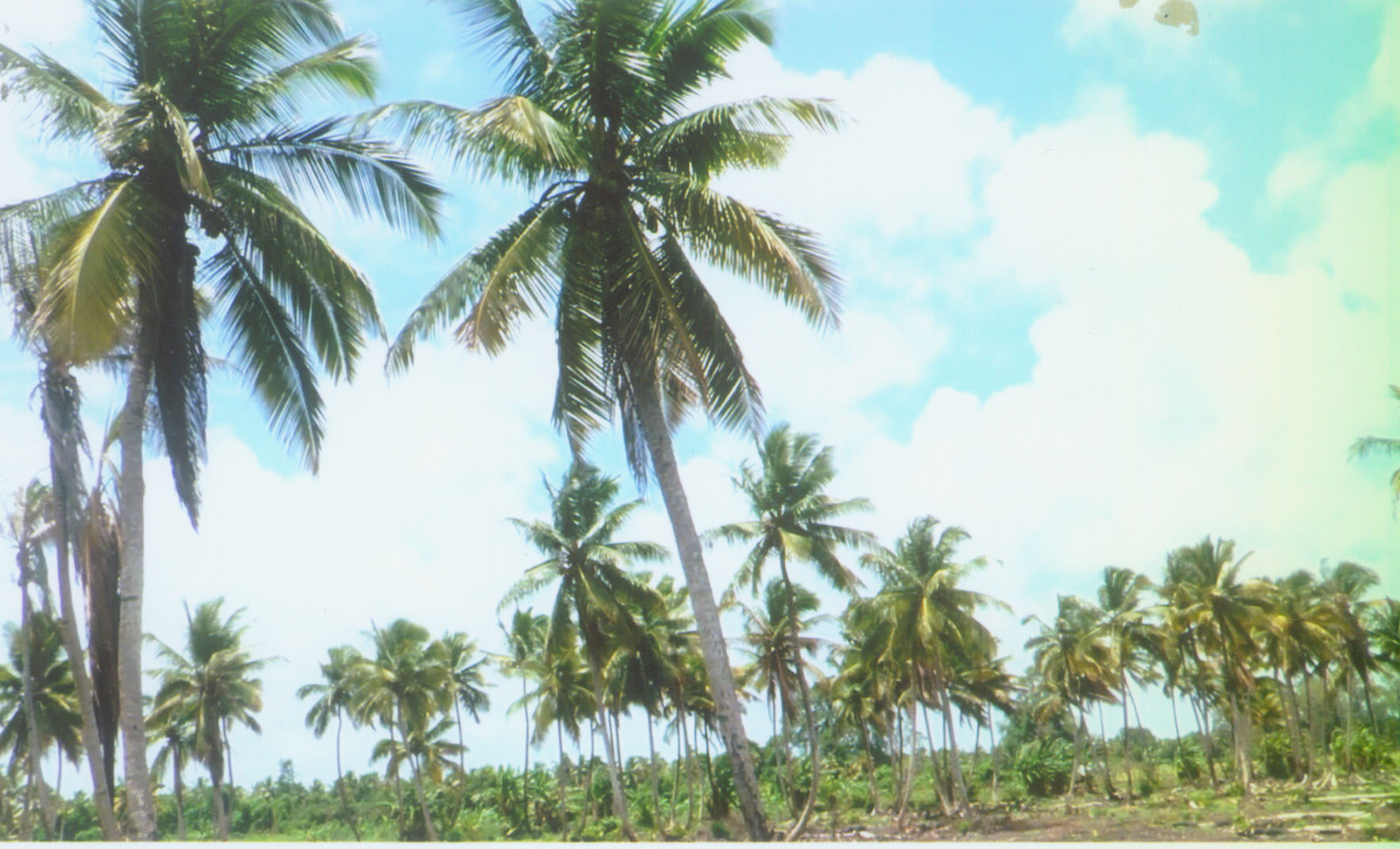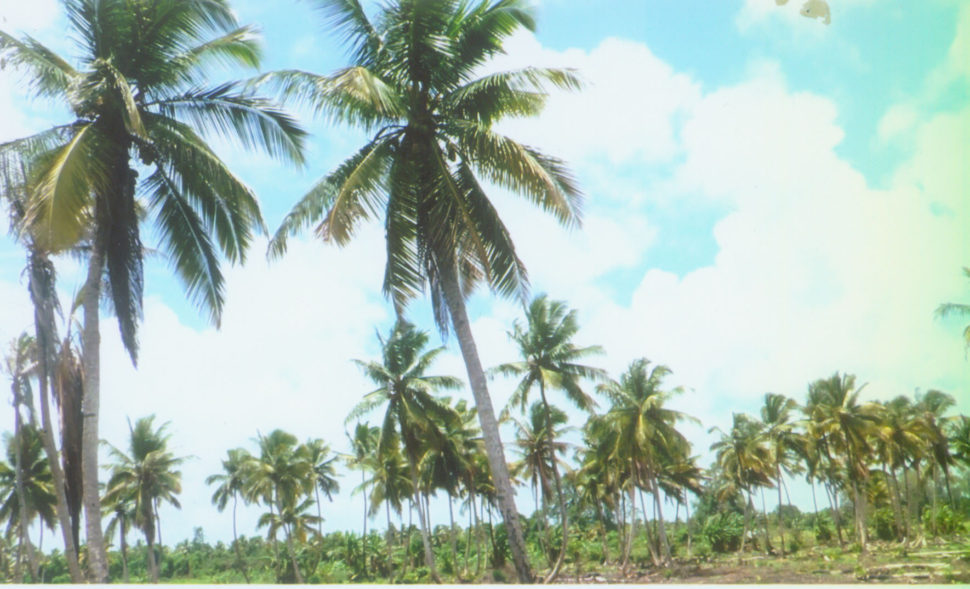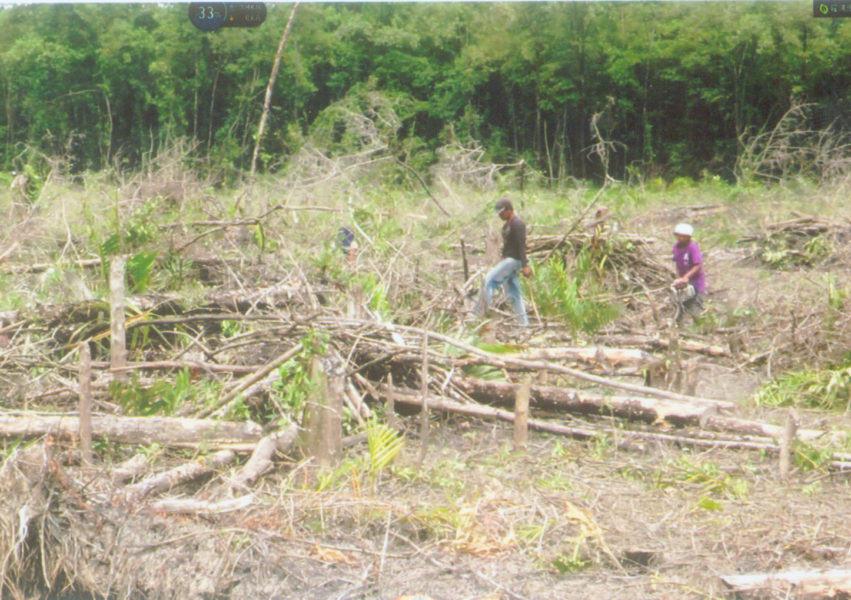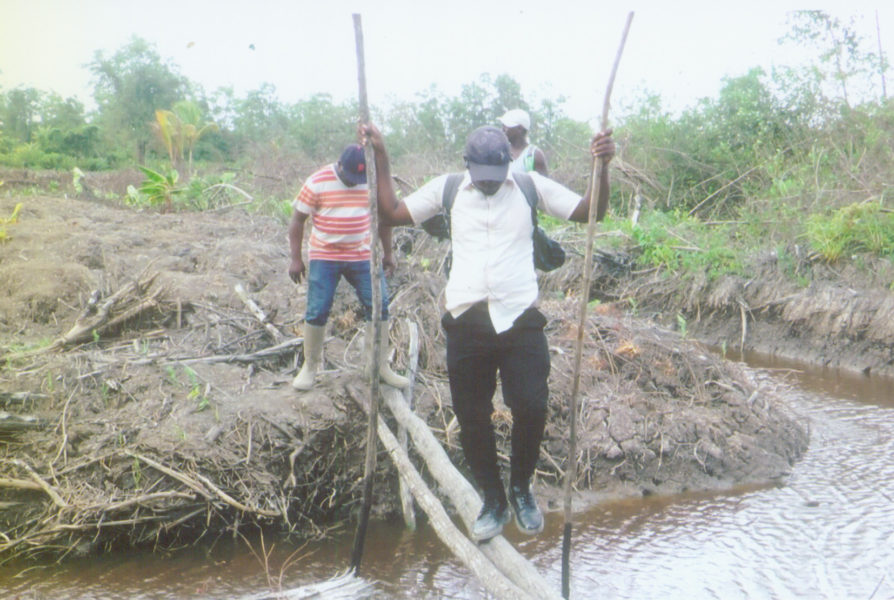United States-based Guyanese Trevor Daniels is in the process of sinking hundreds of millions of dollars into the creation of a “first grade” 300-acre coconut plantation in the Pomeroon, according to Project Consultant Jerome Andrews.
In an interview with Stabroek Business last week, Andrews, who is head of the investment consultancy agency United Investment said that the Essequibo-born Daniels who has had a history of association with coconut cultivation at estates in Greenfield and Barama Profit in the Pomeroon, is expected to sink up to $600 million into what he said was a project “that targets the future of the coconut industry in Guyana, over the next five years.”
Andrews told this newspaper that his client is aware of both the local and global interest in the potential of the coconut industry and has been encouraged by the outcomes of last October’s Coconut Festival in Guyana and the attendant international gathering to contemplate the potential of the industry.
Andrews, who is overseeing the rollout of the project, said that at full capacity the coconut cultivation venture “along with related processing activities” will employ between 80 and 100 workers and while the majority of the labour force will be recruited from the Pomeroon area, it may be necessary to recruit “skilled labour” from outside the region.
At Greenfield and Barama Profit, where the bulk of the coconut cultivation is being undertaken, land clearing, drainage and irrigation works and the installation of kokers is already underway; some amount of actual planting of coconut trees has already taken place. Andrews said that a total of 105 acres had already been secured for coconut cultivation at Barama Profit while a further 100 acres have been slated for coconut cultivation at Greenfield.
He said that an application had already been made to government for the acquisition of additional lands to take account of the envisaged size of the project. He said that his client’s longer-term view of the investment was anchored to support the diversification of the country’s agricultural sector while seeking to foster the sustainable development of the Pomeroon region.
Stabroek Business has seen a project document describing the phased rollout of the project which embraces, among other things, land acquisition and soil investigation; installation of a soil and moisture conservation and irrigation system; the establishment of a nursery system and the creation of a management regime for that system; the cultivation and management of young plants including the responsible application of organic and chemical fertilizer; the development of an intercropping regime; the creation of an estate management and record-keeping system and the creation of facilities for coconut processing and product preparation. Andrews said that bearing in mind the fact that mono-cropping coconuts may negatively affect the project’s income stream, the initiative will seek to diversify the cultivation system by “intercropping cash crops… such as watermelon, banana and pineapple.”









